I wanted to get these thoughts out and tell you a story. Yes, there are a bunch of pictures from Lisbon, too.
This is a bonus post for my paid subscribers. I appreciate your support!!!
This story goes back to November 1, 1755, a few months before the United States Declaration of Independence was signed. The two events have nothing to do with each other but provide a context of time and suggest that what has been may suddenly shatter.
It was All Saints Day in Portugal, and all the respectable, God-loving town's people of Lisbon went to church to hear the Lord's wisdom before heading over to watch heretics denounce themselves in front of the inquisitors on the public square or be subjected to the death penalty or imprisonment for life and risk their property being confiscated.
Sadly, denouncing oneself was insufficient. To rejoin the Church and avoid punishment, the accused had to denounce other heretics they knew of. They, in turn, had a 30-day grace period to come forward, denounce themselves (and others), or else. Salvation was promised to the sincerely faithful and devout.
Meanwhile, in the oldest neighborhood of Lisbon, Alfama, founded by the Moors in the 8th century, society's rejects conducted their daily affairs trying to survive. Prostitutes sang Fado, mournful, melancholic, lamenting their fate. Thieves looked for pockets to pick and someone to swindle. Drunk sailors staggered and tripped over the cobblestones in the narrow streets. The fisherman went about their morning routines, dragging nets and readying their boats.
Jews tried to blend into the walls to avoid harassment. Ridiculed as "New Christians" because King Manuel converted them by decree in 1497, they felt less than welcome anywhere else, especially after the massacre of 1506 when between 500 – 4000 of them died. The "faithful" blamed them for the drought and plague sweeping through the country at the time.
As Lisbon's “Real" Christians” gathered under the gilded domes, dressed up and jubilant, the earth suddenly roared a deep, menacing sound they had never heard. The church bells around town rang themselves while birds, armies of mice, and all manner of critters flew, squeaked, squealed, and rushed out of the city. Then, violent shaking and rumble under their feet threw them around like limp dolls. Church domes caved in. Stained glass windows exploded in countless shards, tearing cloth and digging into flesh.
Those who survived ran outside to see the city catch on fire. Huge flames devoured everything in their way. Thousands ran to the river, trying to escape the inferno. There, they witnessed what they could only see as a miracle. The water receded, and the river dried up. "Just like Moses parted the Red Sea," they thought. God was saving them. So, thousands rushed into the riverbed, trying to get to the other side.
They hadn’t gotten more than a few meters when a wall of water taller than the tallest building, moving at hundreds of kilometers per hour, slammed into them.
Whatever and whoever was spared by the earthquake and the fire, and survived both, was finished off by the tsunami.
To this day, no one knows exactly how many people perished, but the number is estimated at around 70,000 people, a quarter of Lisbon's population. This was the strongest earthquake Europe has ever known and unsurpassed yet – 8.5 on the Richter scale.
Lisbon was reduced to rubble, ashes, and mud in minutes. Except for Alfama, where the poor and rejected lived. The entire neighborhood was spared without damage, even though the waves and shakes caused damage all the way to Algeria.
The king never returned to the city. He lived the rest of his life and died in a tent in the countryside. By today's standards, he probably had severe PTSD. The rest of the "real Christians" were left soul-searching and trying to understand why they were the subjects of God's wrath.
It took a year to clear the debris and many more years to rebuild the city. But rebuild they did, and grand it is. It's also better engineered in case of future disasters, which it has subsequently survived.
Little did Portugal know that the most chaotic times still lie ahead. A once vast and sprawling empire, draining the New World of resources to gild its churches and provide a decadent life for its royals, the rich, and the clergy, it found itself in political turmoil, including the king's assassination in 1908, and culminating with a dictatorship in 1928, which lasted until 1974.
Just 50 years ago, people had no freedom. Women were "free" to go anywhere they pleased as long as they had written permission from their fathers, husbands, or brothers responsible for them. They were relegated to the social roles of caring for the home serving the husband and the family. The regime curtailed women's civic rights and limited their economic and reproductive rights.
Espousing an ultranationalist philosophy, the regime systematically indoctrinated the population with ideas of Portuguese greatness and superiority and imposed isolationism on the economy. Political censorship controlled all spheres of life – from the press and cultural events to education and people's daily lives. Moral policing repressed dissent.
When people crossed censorship red lines, they faced an array of repressive measures, like fines, suspensions, administrative control, the forced closure of journals, printing companies, publishers, and cultural associations, the seizure of books and magazines, and detention and/or imprisonment for questioning or contradicting the regime.
It all came crashing down on April 25, 1974, when military officers put an end to the regime, as people took to the streets in what became known as the Carnations Revolution. Since then, Portugal has led the world in providing equal rights, not just to women. For example, they were the first in the world to legalize gay marriage.
Compared to its empire days, Portugal, now the size of Indiana, lives in the shadow of kings, a massive slave trade, and colonial exploitation. Even though Portugal shrank in size since it was founded in 1143, it grew up to be a good, conscientious neighbor within the European Union family with a centrist government and a society allergic to political extremes.
One thought I've had since learning all this is, "Empires and dictatorships don't change. They fall."
Portugal has had 640 years more than the United States to learn this…
And in case you're wondering, I am staying in Alfama. It was a very lucky coincidence that's given me a lot to think about as I navigate the narrow, uneven streets. Walking in the footsteps of God's spared people - prostitutes, thieves, and Jews, I wonder about all these walls have seen since the Moores built them in the 8th century.
Who sat under my roof on All Saints Day 1755? What were they thinking when they lit their candles? Or perhaps this used to be a pub full of drunken sailors listening to Fado and lamenting their miserable lives, wishing they were dead.
Woe to those who make unjust laws, to those who issue oppressive decrees, to deprive the poor of their rights and withhold justice from the oppressed of my people, making widows their prey and robbing the fatherless. What will you do on the day of reckoning when disaster comes from afar? To whom will you run for help? Where will you leave your riches? — Isaiah 10:1-3
It seems to me that today’s Christians in the US are no different than the “Real Christians” of Lisbon who expected blessings while engaging and even supporting the Inquisition. I wonder what Black Swan event awaits our nation and where I should be at the time if I want to survive.
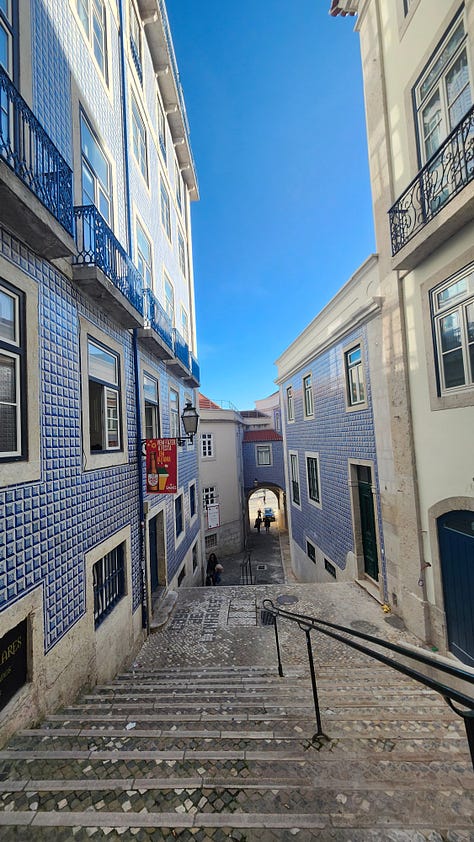
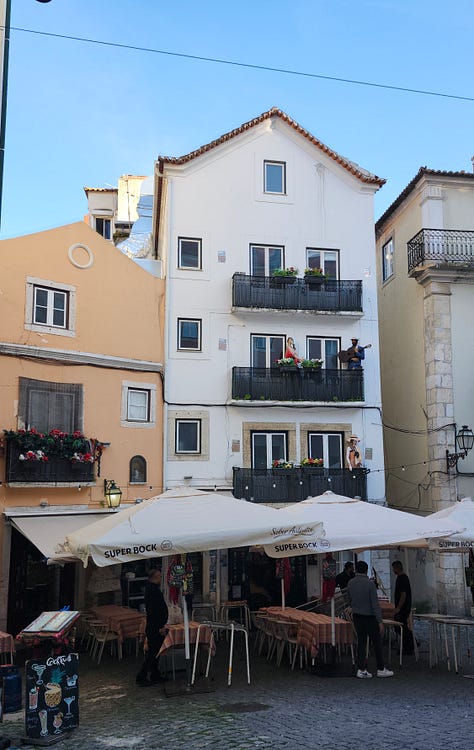
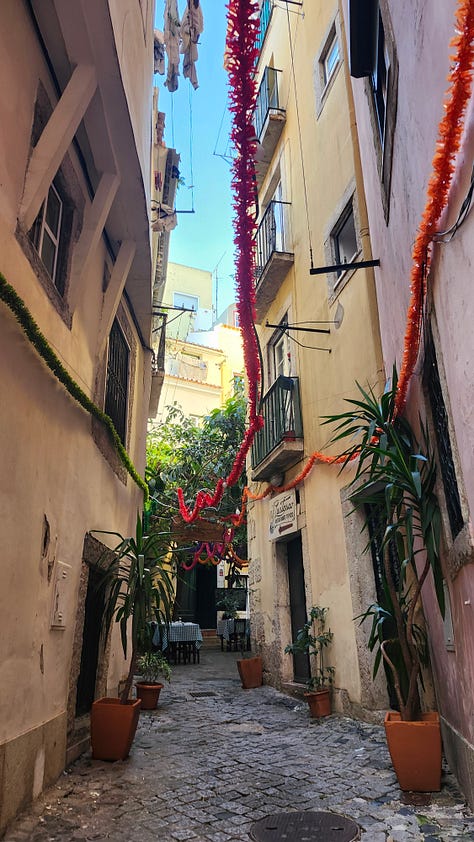
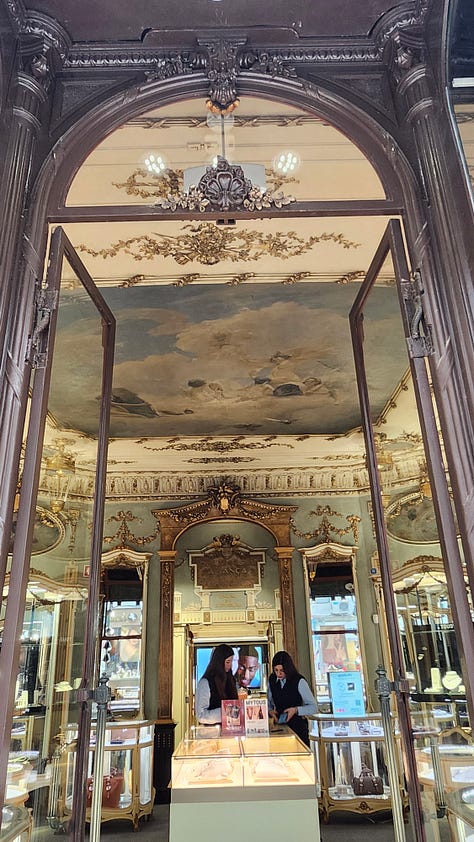
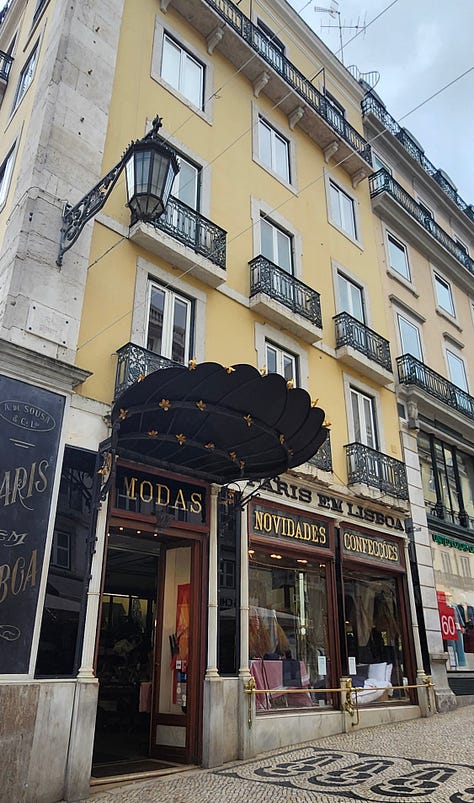
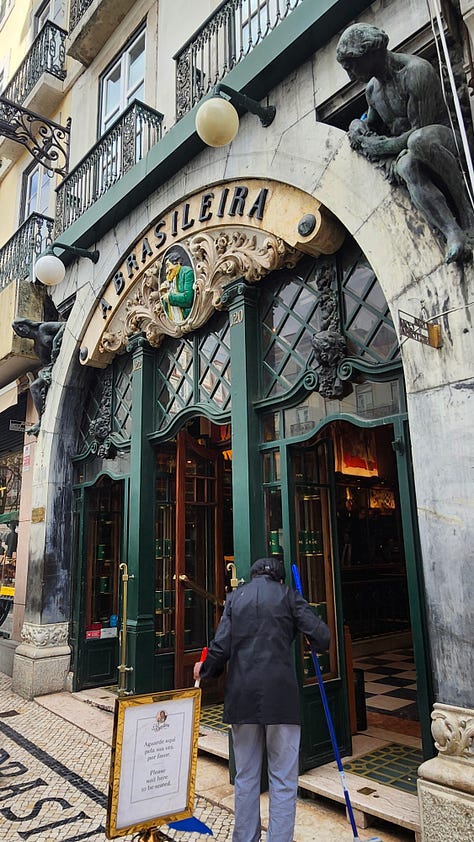
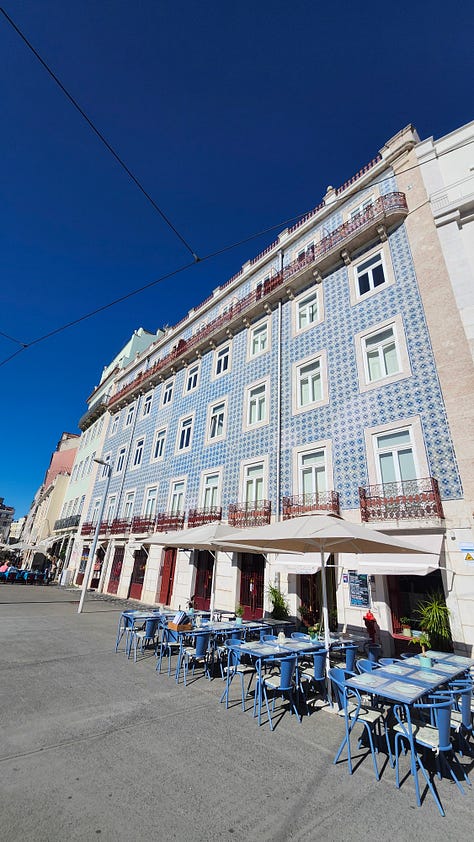
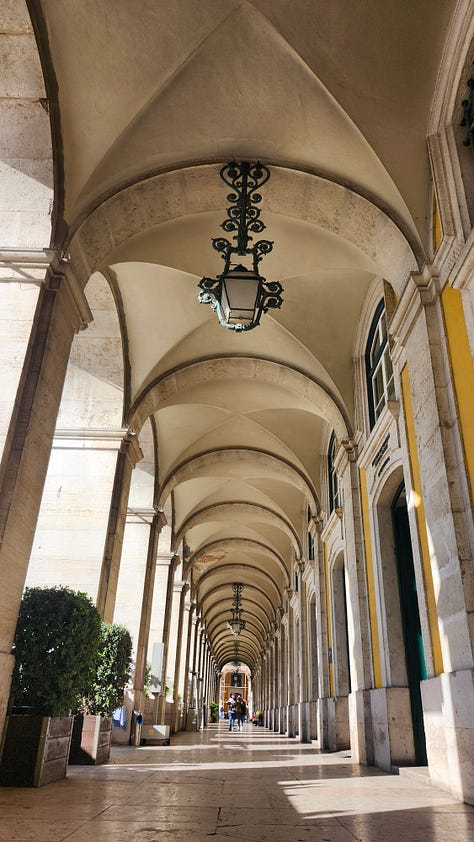
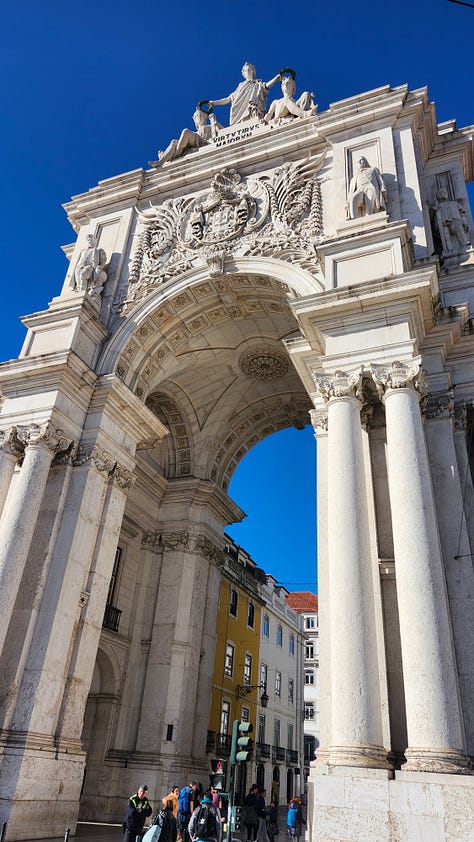
All of the pictures and videos of the last few days are on the Google cloud. Click HERE.
Enjoy your day :)


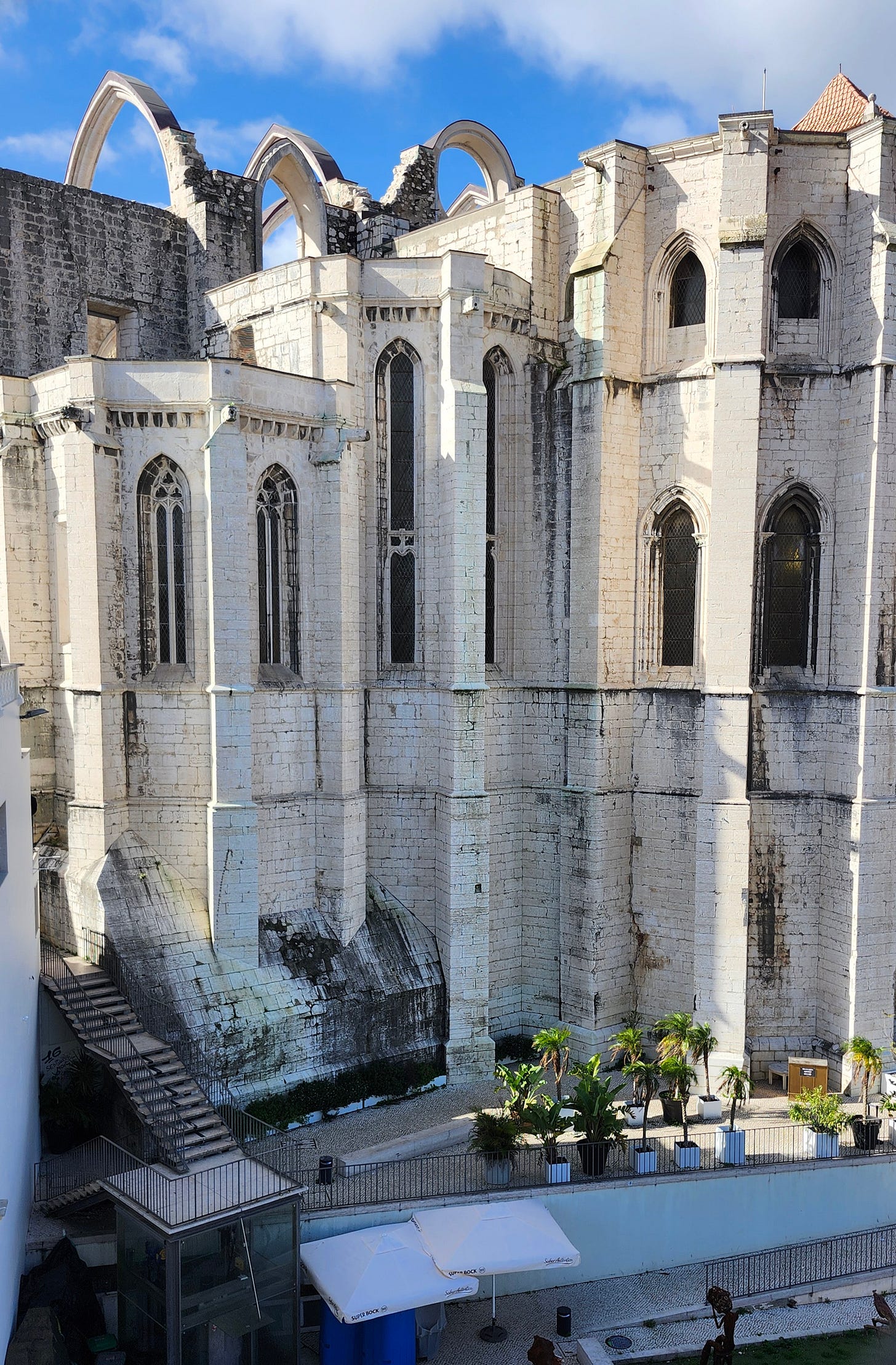
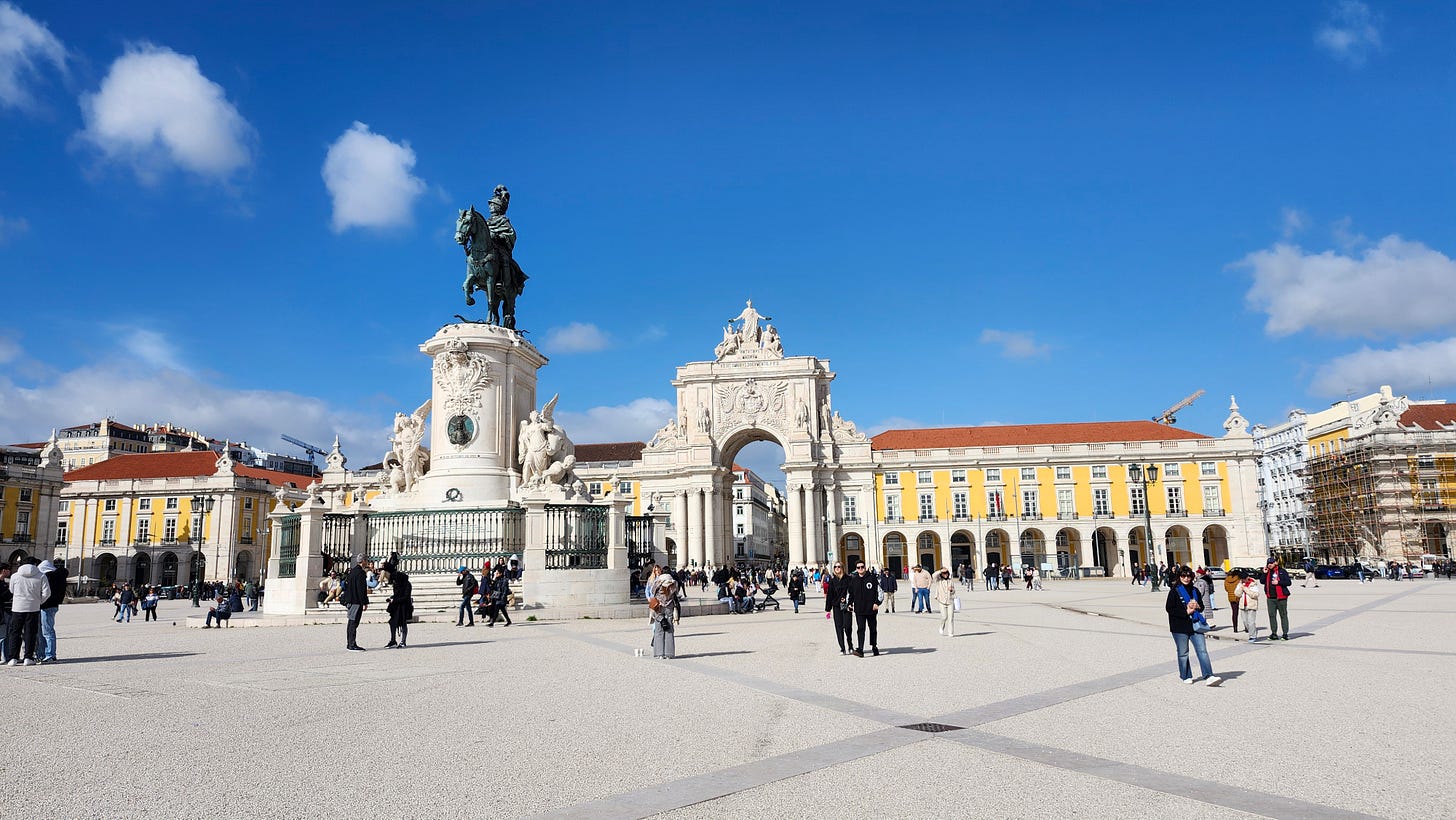
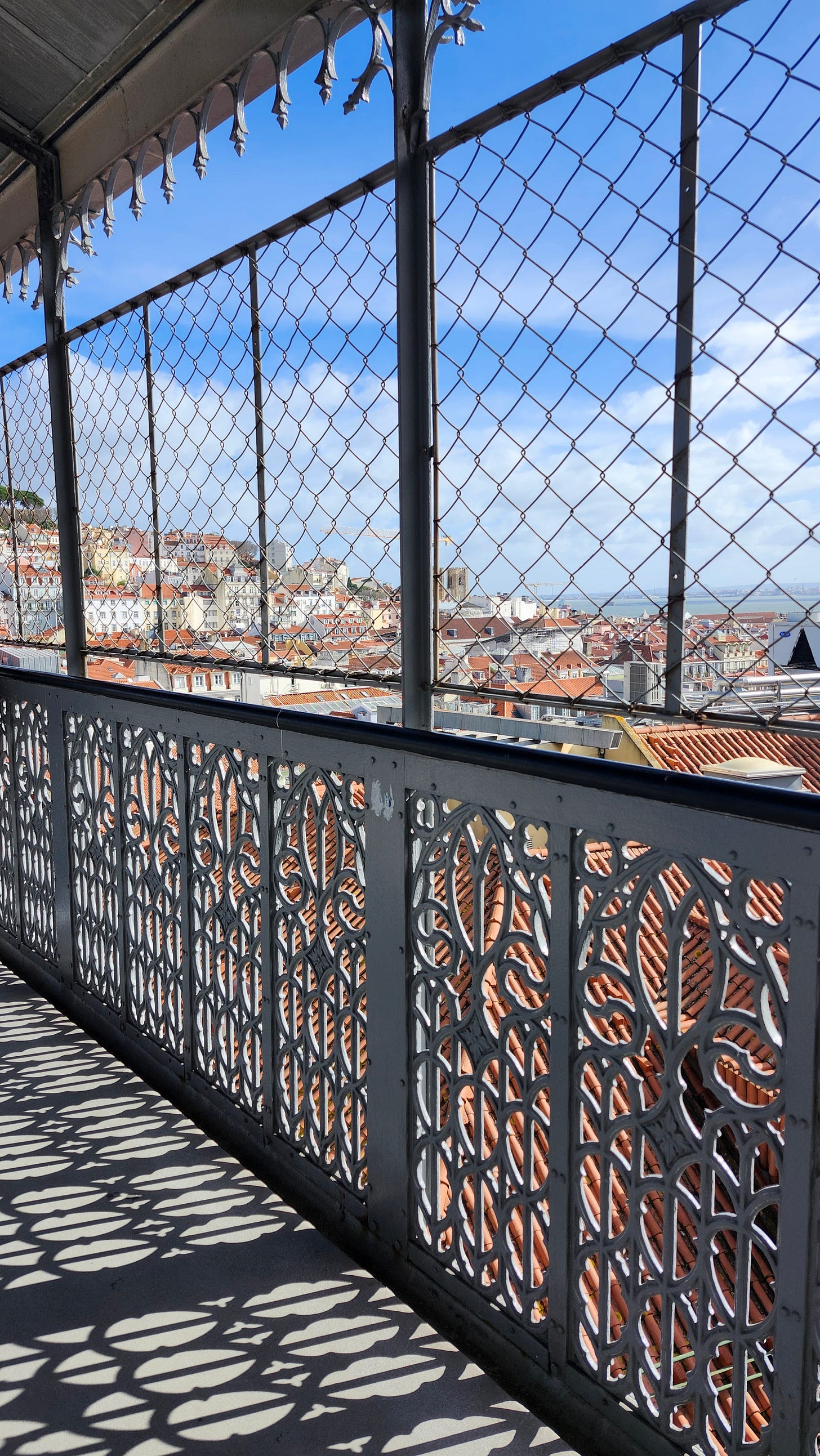
Well written Val. I learned a thing or two. Have a beautiful time in Portugal!
Any and all ersatz attempts at achieving purity are doomed to fail-and many do so when at the seeming pinnacle of their "success". Many of us in the U.S. may lose everything we own to the oligarchs, only to survive, like the wretched ones of Alfama, in 1755, as those same oligarchs find themselves facing the wrath of the Divine.